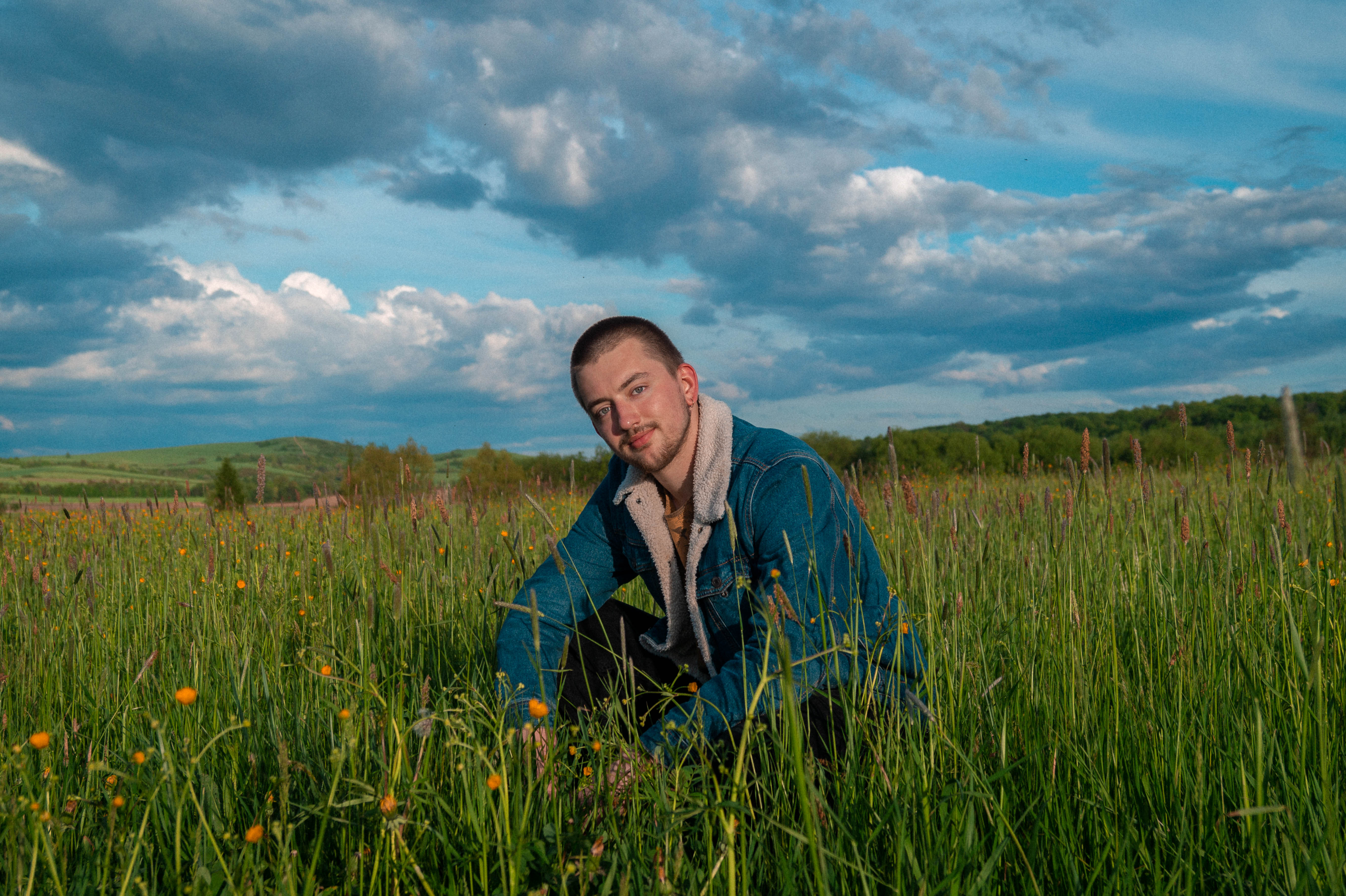The news of the death of Steve Pieters in Los Angeles on 8 July, of cancer, at the age of 70, is a chance to celebrate a soft-spoken pioneer of queer rights.
Born in 1952, by the early 1980s Pieters was working as the pastor of the Metropolitan Community Church in Connecticut, an ecumenical outpost which had a special ministry, as the church now puts it, of “inclusion for minorities, especially LGBTQI people, who have been historically excluded from the life and ministry of Christian churches.”
In 1982, Pieters was diagnosed with HIV, or as the US healthcare system still called it then, “GRID” (Gay-Related Immune Deficiency). Two years later, he was diagnosed with Kaposi’s Sarcoma and stage four lymphoma. His doctor told him he had a year to live.
For social conservatives, HIV was God’s vengeance on gay men. Cardinal John O’Connor, head of the Catholic Church in New York, fought to expand the Church’s control over health care, banning any mention of condoms at the Terence Cardinal Cooke Health Care Center - which, although Church-owned, was New York’s sole comprehensive-care ward for AIDS patients. In 1985, Ed Koch, New York’s Mayor, closed all gay bathhouses in the city. In the New York Times, William Buckley Jr, founder of the reactionary National Review, argued that the state should have those living with HIV tattooed. Shaming gay people into giving up sex, he argued, was the best way to limit the transmission of the disease.
In Britain, meanwhile, the Sun printed a headline, “I’d shoot my son if he had Aids, says vicar!” The Reverend Robert Simpson of Barmston in Humberside told journalists that AIDS, “will be like the Black Plague. It could wipe out Britain. Family will be against family. Nobody will trust anyone else and gun law will prevail.” To illustrate the story, the paper photographed Simpson carrying a shotgun, which he pointed at his own son’s chest.
And in 1985, a hospital in northern England became the first to lock up a patient in a hospital ward under the Public Health Act 1984, which permitted detaining people suffering infectious diseases against their will. Magistrates agreed to the detention of the HIV-positive man, before agreeing to back down ten days later under pressure from protesters.
To counter this hostile panic, and to oppose the stigmatisation of those living with the disease, campaigns were set up to spread the message that safe sex would stop the transmission of HIV and to push for affordable drug treatments. Scriptwriter and novelist Larry Kramer founded one of the earliest networks, the Gay Men’s Health Crisis, in New York. The best-known of these initiatives was ACT UP (the AIDS Coalition to Unleash Power). Its supporters protested outside meetings of the U.S. Food and Drug Administration, which had delays in approving new treatments, and staged a “die-in” at St. Patrick’s Cathedral, criticising the Church’s refusal to display lifesaving information in the clinics it ran.
Pieters, however, hid from such public activism. He was by temperament cautious, happiest among Christian networks. His obituaries document the churches and the choirs in which Pieters participated, not the marches he went on.
In October 1985, the televangelist Tammy Faye invited the former pastor Steve Pieters to appear live on her show The PTL Club (PTL stood for “Praise the Lord”), about being a gay Christian living with AIDS.
The meeting between Steve Pieters and Tammy Faye is not exactly obscure. Jessica Chastain won an Oscar in 2022 for Best Actress for The Eyes of Tammy Faye, the Hollywood movie that placed this encounter at its centre; Radio 4 presenter Jon Ronson has explored it, Pieters was also portrayed in Elton John’s musical ‘Tammy Faye’, which opened in London in October 2022. Still, Pieter’s passing offers an opportunity to revisit that celebrated encounter for some learnings relevant to today’s generation of radical activists.
Perhaps there is a lesson here for today’s activists - we who often demand total capitulation from our opponents before deigning to engage with them.
What gets often overlooked, though, is that it was Pieters taking the greater risk and arguably mustering the greater courage. Faye is cast these days as a heroic pioneer of Christian advocacy for LGBTQI rights; in 1985, she had not yet decided to play that role. She was nervous and awkward around Pieters; He was not even permitted to sit in the same studio as her. As Faye remained on her usual chair in her studio, she showed Pieters’ face on a portable television screen playing on a stand at her side.
This was a time of lurid fantasies about the risks posed by proximity to people living with HIV. They could spread the virus, or so rumour claimed, by touching or kissing, or by sharing a toilet with a stranger. As late as 1990, a survey of 2,000 Americans found that over half would change their doctor if their medic was gay.
Under Faye’s original plan, Pieters was to go in person to her studio, and she had purchased air tickets for him. But then Faye changed her mind, instructing him instead to drive to a Los Angeles studio ninety minutes from his home, where a cameraman filmed him. The interview proceeded in his physical absence, opening with Faye’s self-serving explanation that he had been going to attend the programme in person, “but he is taking chemotherapy and I was afraid the trip would be too hard on him.” Since the show was going out live, this was the first account anyone had given Steve Pieters of Tammy Faye’s reasons for cancelling the flight. At no time had she asked whether he consented to those arrangements.
After an ad-break, Faye turned to her interviewee. “Stephen,” she asked, “at what time of your life did you feel like you were different, you weren’t like some of the other guys?” Pieters said he had known he was different from about the age of about three. Looking sideways, then up and into the distance, he described his feelings as a gay child. “Peter Pan was my favourite character,” he said, and he gave a shy smile.
Faye said, “Don’t you think that you haven’t given women a fair chance?”
Pieters said he had tried to “program” himself to be straight. He described coming out to his parents, how his father had told him that he “loved me, no matter what.”
Pieters belonged to the same Evangelical tradition as Faye, and one better known for homophobia than acceptance. By revealing his vulnerability, however, he was offering the chance for evangelicals to forgive men like him. “Thank God for a Mum and Dad who will stand with a young person,” Faye said.
She continued, “How sad that we as Christians, who are to be the salt of the Earth, and love everyone, are so afraid of an AIDS patient that we will not go up and put our arm around them and tell them that we care.”
Tammy Faye’s viewers would have grasped that she was accepting Pieters despite his being gay, and in the terms of their religion, sinner. As far as they were concerned, she was forgiving him. But Pieters was not alone in needing understanding. So too did Faye. In 1988, her husband, Jim Bakker, was arrested and charged with having stolen $158 million from some 150,000 “Lifetime Partners” who had invested in Heritage USA, a fund which Bakker had promised would build a 3,000-room Christian retreat.
After her husband’s arrest, Faye says that she “entered a terrifying world of lawyers, courts, judges, trials, juries, handcuffs, news media, prison, debts – a horrible world of betrayed friendships, betrayal by Christian leaders, watching the singers I trained for TV now doing their own TV shows on Christian television, while I sit at home and cry and hope like some pitiful little kid that someone will help me get back on the air.”
Winning causes offer victors the right and the opportunity to forgive; accepting former opponents is one of the ways we consolidate our victories.
Over the next 20 years Tammy Faye would develop cancer and lose her TV audience. “I felt abandoned by everyone, even sometimes by God,” she later wrote. As for those who supported her, “It was the gay community that took care of me when I was hurting.” Gay men and lesbians sent her money for her healthcare, jewels and flowers. “They overwhelmed me with the love I no longer felt from the Christian community.”
Faye’s former friends rejected her, “Christians ask me if I am still a Christian … What they’re intimating is that because I go where they won’t go, I am no longer a Christian.” Faye insisted that they were wrong, “I love Jesus more than life itself.” But, no matter how strongly she insisted on her continuing faith, she would never again receive the same welcome or unconditional love from Christians that LGBTQ+ people now gave her.
Pieters, meanwhile, was one of the first patients to participate in an experimental trial for suramin, the first antiviral drug for AIDS. Suramin was later recalled for its toxicity. But for Pieters, suramin was a godsend. It put his cancer into remission.
The title of the Hollywood film is The Eyes of Tammy Faye, not the eyes of Steve Pieters. Most accounts of the 1985 interview focus on her. They expect us to appreciate her empathy and acknowledge that she had been brave to risk the outrage of her audience. Yet this was an act of courage for both participants. Pieters could not have known that Tammy Faye would treat him with kindness. For all he knew, he was dying, all he had left was his dignity, and she might so easily have taken it from him.
And yet the gamble paid off – a cause which was the cause of justice succeeded, and it did so in part because it was able to split its opponents. Winning causes offer victors the right and the opportunity to forgive; accepting former opponents is one of the ways we consolidate our victories.
Pieters might have refused Tammy Faye’s invitation. He could have remained in a state of vigilance, guarding himself against Faye and forms of media power that were blithe to his and his friends’ suffering. Instead, he chose to look past the bad in Faye and wager on the good. This was not a great, heroic, gesture of super-human forgiveness; rather his was the ordinary, small, kindness of which millions of people are capable. Perhaps there is a lesson here for today’s activists - we who often demand total capitulation from our opponents before deigning to engage with them. Sometimes a lot can be won by assuming the better of the person opposite and walking half a step forward.
David Renton is a barrister at Garden Court and the author of Against the Law: Why Justice Requires Fewer Laws and a Smaller State.





